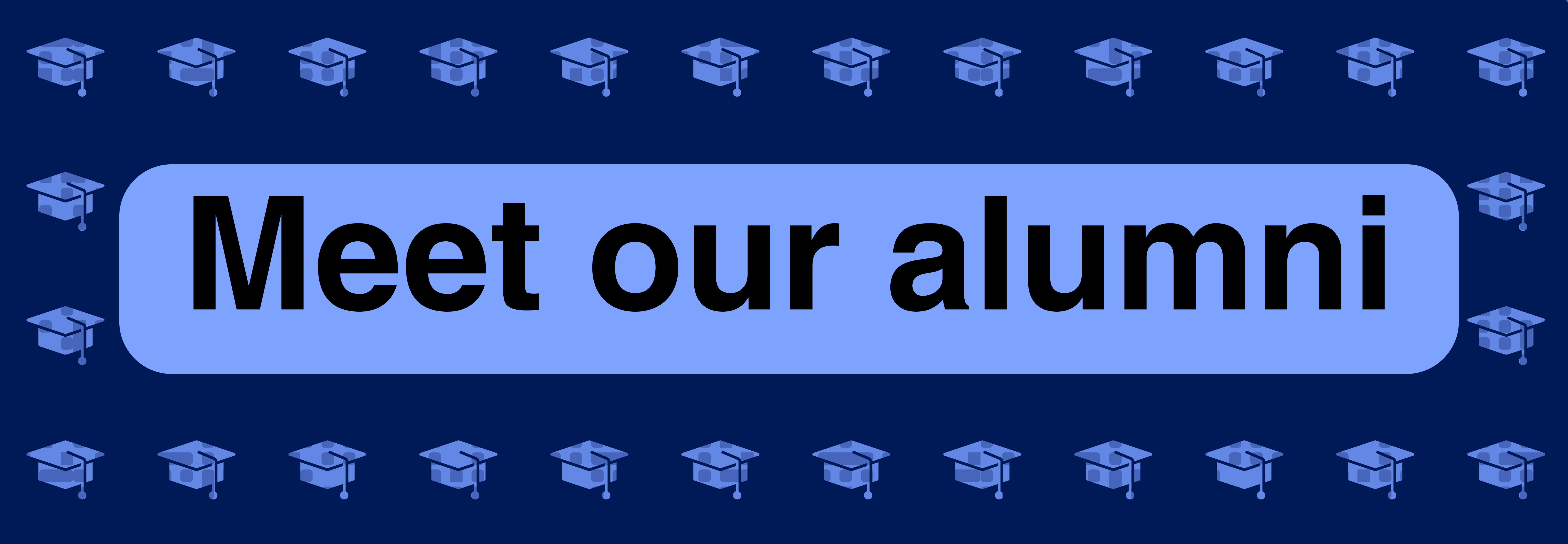Meet our alumni: Ines Marušic
Posted: 4th June 2021

Co-Founder of the Oxford Women in Computer Science Society (OxWoCS), now Engagement Manager at QuantumBlack, McKinsey & Company talks about the impact studying at Oxford had on her career.
What course did you study here and when?
I did an MSc in Mathematics and Foundations of Computer Science (MFoCS) in 2011-2012, and a DPhil in Computer Science in 2012-2016 where I was supervised by Professors James Worrell, Stefan Kiefer, and Michael Benedikt.
What was your background before that?
I am originally from Croatia, and had completed a Bachelor’s degree in Mathematics from the University of Zagreb before coming to Oxford.
What attracted you to studying Computer Science as a subject?
When I first came to Oxford my biggest interest was actually in mathematics, especially probability theory and statistics. During my MSc in MFoCS, I took a few courses in the Department of Computer Science, including Probability and Computing; and Machine Learning which I found incredibly interesting. They looked at new applications of many of the areas of mathematics I was already interested in within algorithms and theoretical Computer Science.
What aspects of the course you studied here did you particularly enjoy?
I particularly enjoyed topics that were at the intersection of probability theory and computer science, especially randomised algorithms and learning theory. Outside of my courses, I contributed to the department by co-founding the Oxford Women in Computer Science Society (OxWoCS) with a few friends who were all DPhil students and postdocs at the time. The society, which we founded in 2013 with the aim of supporting and promoting women in Computer Science, has since gone from strength to strength, and I am proud of the impact we’ve had on the department especially through our distinguished speaker series and our annual Oxbridge Women in Computer Science Conference which we co-organise with the Cambridge women @CL society.
What did you do when you left Oxford?
I joined QuantumBlack, McKinsey & Company, where I am currently an engagement manager leading cross-disciplinary teams in developing advanced analytics products for some of the world’s largest organisations, helping them adopt machine learning at scale to transform their businesses and enhance their performance.
How has the course you studied here helped you in your current profession?
The courses I studied at Oxford were hugely helpful in my current role as they gave the technical foundations to be able to build machine-learning driven software products, and understand the best algorithmic approaches and implementation complexity and trade-offs. Beyond the technical knowledge, studying at Oxford has helped me learn how to learn and get good at synthesising new pieces of information quickly – both of which I have found to be invaluable in my current role.
What advice would you give to current students on applying their knowledge in the workplace, when they leave university?
The knowledge you receive at Oxford is a gift that will continue paying off throughout your entire career. Some of it may be the technical knowledge directly applicable in your job, eg, the knowledge of programming, algorithms and data structures. Some of it will be the soft skills, eg, the ability to form a well-structured logical argument on the fly or time management skills you gained during the busy Oxford terms. Leverage all of these in your first job, but also be aware that the industry is changing quickly and that your ability to absorb new knowledge over time will be a great asset.
What would the student you have thought about what you are currently doing – would you have been surprised, proud, amazed?
I think she would be pretty surprised with how things turned out given that at the start of my MSc I had a plan of becoming a university professor. Still, I hope she would be proud of the career I have built and pleased with how I have been able to find a job that I truly enjoy and where I can leverage my broad set of skills both technical and non-technical.
